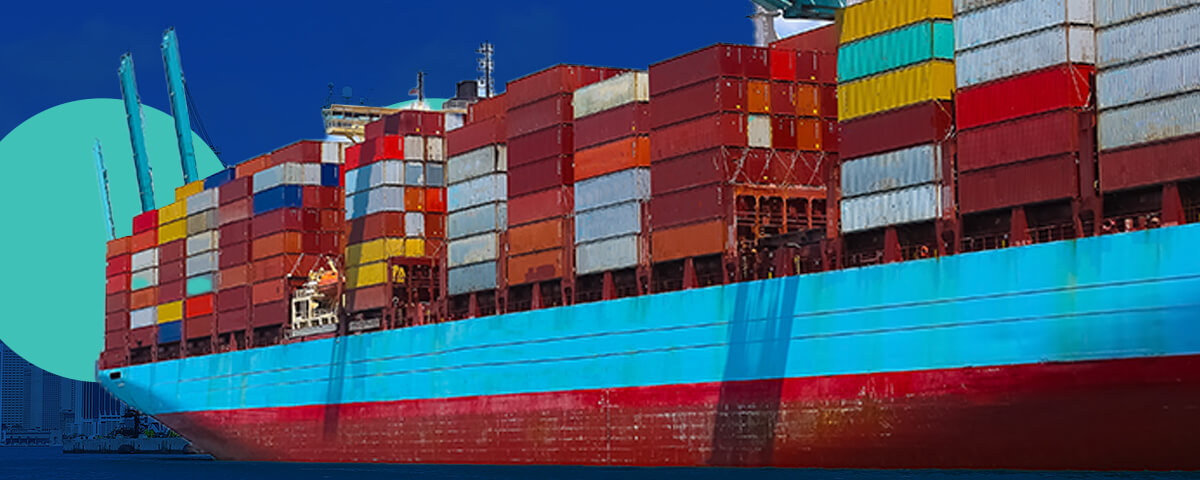In the realm of supply chain management, two terms that often cause confusion are logistics and freight transport. While they are closely related, they have distinct roles and functions within the broader context of moving goods from one place to another. In this article, we will delve into the intricacies of logistics and freight transport, highlighting their differences and shedding light on their individual significance.
- Defining Logistics:
Logistics encompasses a comprehensive set of activities involved in the planning, execution, and control of the flow of goods, services, and information from the point of origin to the point of consumption. It involves managing inventory, warehousing, transportation, packaging, and even reverse logistics. The primary goal of logistics is to ensure the efficient and cost-effective movement of goods throughout the supply chain. - Understanding Freight Transport:
Freight transport, on the other hand, specifically refers to the physical movement of goods from one location to another. It involves the actual transportation of cargo using various modes such as trucks, ships, airplanes, or trains. Freight transport focuses solely on the transportation aspect and does not encompass the broader scope of logistics. - Key Differences:
3.1 Scope:
Logistics encompasses a wider range of activities, including inventory management, order processing, and supply chain optimization. Freight transport, on the other hand, is a subset of logistics and deals solely with the physical movement of goods.
3.2 Focus:
Logistics places emphasis on the overall coordination and management of the supply chain, ensuring that goods are delivered efficiently and on time. Freight transport, however, concentrates solely on the transportation aspect, ensuring that goods are physically moved from one location to another.
3.3 Involvement:
Logistics involves multiple stakeholders, including manufacturers, suppliers, distributors, and retailers, who collaborate to ensure the smooth flow of goods. Freight transport primarily involves carriers and freight forwarders responsible for physically transporting the goods.
- Importance in Supply Chain Management:
Both logistics and freight transport play crucial roles in supply chain management, albeit with different focuses. Logistics ensures the seamless integration of various supply chain activities, optimizing processes, reducing costs, and improving customer satisfaction. Freight transport, on the other hand, ensures the timely and secure delivery of goods, minimizing transit times and maintaining product integrity.
Conclusion:
In conclusion, while logistics and freight transport are closely intertwined, they have distinct roles within the supply chain. Logistics encompasses a broader range of activities, focusing on the overall management and coordination, while freight transport specifically deals with the physical movement of goods. Understanding the differences between these two terms is essential for effective supply chain management and optimizing the flow of goods in today's global marketplace.


